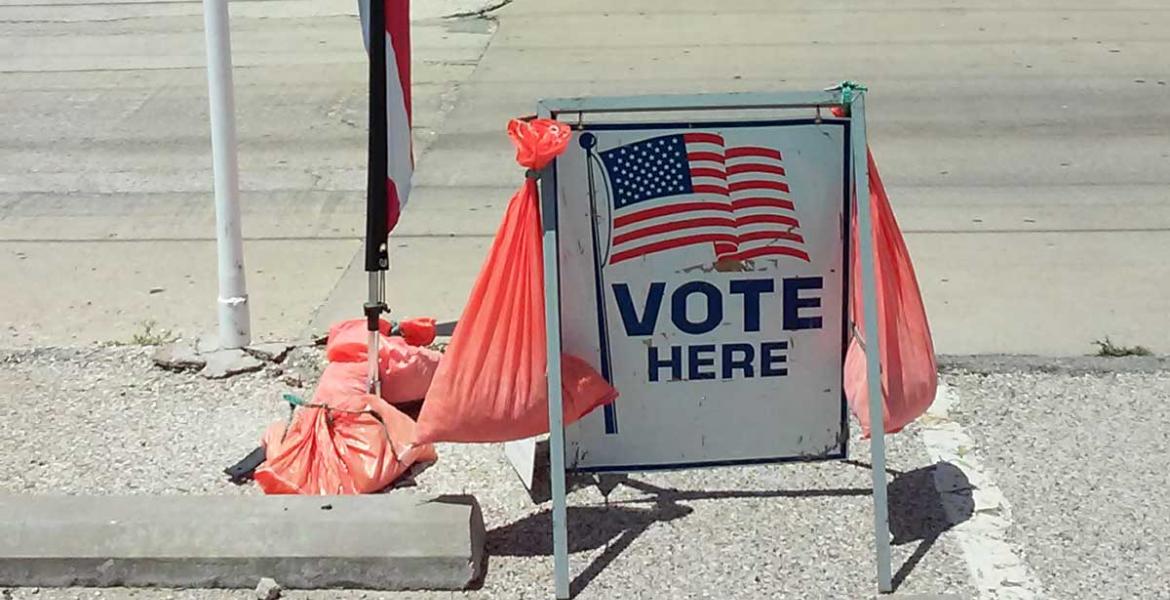TEXAS – U.S. District Court Judge Sam Sparks made his final ruling on a proposed fetal remains law introduced by the Texas Health and Human Services Commission in the summer of 2016.
This past Friday, Judge Sparks once again blocked state regulations that would require all medical facilities that perform abortions to either cremate or bury the remains of aborted and miscarried babies, regardless of the period of gestation, saying the new rule imposes “undue burdens on a woman’s right to seek a pre-viability abortion (See here for details on the proposed law)." Reuters reported that online documents showed Judge Sparks' filing for an injunction will stay in effect until the court can render a “meaningful decision on the merits” of the case.
Amy Hagstrom Miller, the chief executive of Whole Woman’s Health, said in a statement, “This restriction, just like the many before it, all across our nation, does not create any health benefit for women and is strictly designed to limit access to safe, quality abortion care.”
Furthermore, Nancy Northup, president and CEO of the Center for Reproductive Rights, stated that Sparks’s ruling shows that the law is “unnecessary, unconstitutionally vague, and manifestly insulting to women."
The state of Texas, however, feels differently. Texas Attorney General Ken Paxton said in press release that “Texas stands committed to honoring the dignity of the unborn, and my office is proud to continue fighting for these new rules.” He added that Sparks’ ruling “reaffirms that the abortion lobby has grown so extreme that it will reject any and every regulation no matter how sensible.” The State of Texas plans to repeal Sparks' ruling.
This ruling comes more than a month after the Center for Reproductive Rights (CRR) announced it was suing the state of Texas to “stop the latest unconstitutional abortion restriction;” a two-day trial was set to begin on the third of January. At the trial however, Judge Sparks was not convinced that both parties had argued to their fullest extent, and announced that he would give his ruling in three weeks after reviewing the presented evidence. (See here for details on the two-day trial).
Subscribe to the LIVE! Daily
Required






Post a comment to this article here: